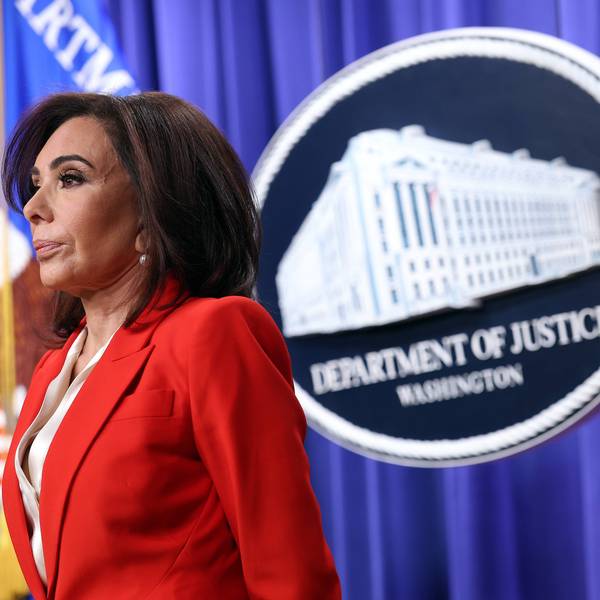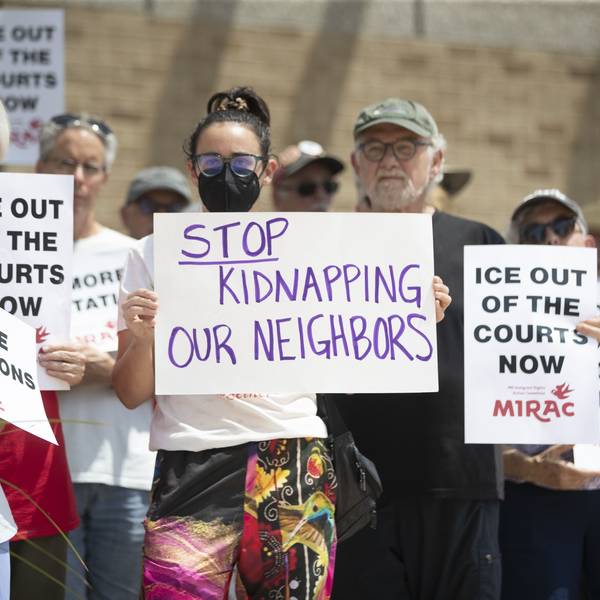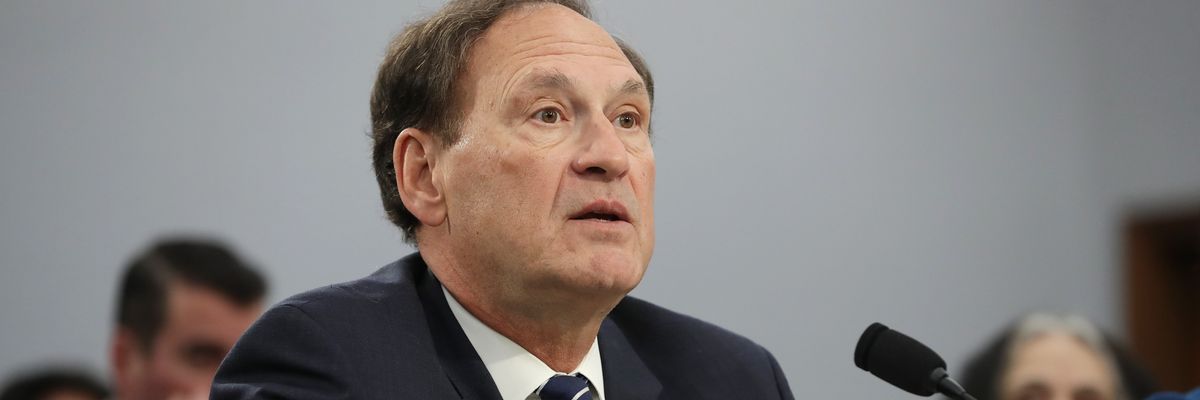Last Thursday, 12 ordinary citizens unanimously convicted Donald Trump of 34 felonies. As many have commented, in doing so they upheld the rule of law—the fundamental principle that no person is above the law and that even a former president may be convicted for violating it.
Later this month, however, the six right-wing Justices on the U.S. Supreme Court may issue a decision in U.S. v Trump that would significantly undermine the rule of law, finding that presidents are either wholly or partially immune from federal prosecution (although it would not overturn the New York State conviction.)
SCOTUS has already slow walked its decision for so long that even if it decides that Trump is not immune from prosecution for inciting the January 6 insurrection, it will probably be too late to try him before the November 2024 election.
In late 2023, trial court Judge Tanya Chutkin denied Trump’s motion to dismiss the charges on Trump’s claim that he’s immune from prosecution. She set a trial date for March 4, 2024. Last December, Special Prosecutor Jack Smith asked SCOTUS to review that decision without waiting for a D.C. Circuit Appeal Court ruling but SCOTUS refused. On February 6, the D.C. Circuit unanimously rejected Trump’s claim and ruled that the trial could move forward unless SCOTUS intervened.
SCOTUS did intervene on February 28, postponing the trial indefinitely and agreeing to decide whether and, if so, to what extent a former president enjoys presidential immunity from criminal prosecution for conduct alleged to involve official acts during his tenure in office. SCOTUS set oral arguments for nearly two months later on April 24, the very last day of the term to hear oral arguments, virtually ensuring that there would be no decision until late June or early July, effectively giving Trump the delay that he most wanted.
The right-wing Justices hardly asked questions about text or original meaning. Instead, they behaved like they were delegates to a Constitutional convention debating whether or not a President should have some degree of immunity...
The right-wing SCOTUS majority claims to decide cases based on “originalism” or “textualism,” the theory that cases should be decided based on the text of the Constitution as generally understood at the time it was written. But in oral arguments, the right-wing Justices had little to say about text or original meaning. There is no text in the Constitution that mentions or implies presidential immunity from criminal conduct and there’s nothing in the debate about drafting the Constitution that implies that the founders intended to grant king-like immunity to the president. Quite the opposite. The entire purpose and structure of the Constitution is to protect against anyone having power like England's King George III.
So the right-wing Justices hardly asked questions about text or original meaning. Instead, they behaved like they were delegates to a Constitutional convention debating whether or not a President should have some degree of immunity—whether for official or unofficial acts—as a matter of pure policy as if they were writing a new Constitution from scratch.
Justice Samuel Alito (he of the two pro-coup flags over his house) argued “[I]f an incumbent who loses a very close, hotly contested election knows that a real possibility after leaving office is not that the president is going to be able to go off into a peaceful retirement but that the president may be criminally prosecuted by a bitter political opponent, will that not lead us into a cycle that destabilizes the functioning of our country as a democracy?” And where does it say this in the text or original meaning of the Constitution?
Gorsuch claimed that “I’m not concerned about this case so much as future ones.” Kavanaugh agreed stating “…like Justice Gorsuch, I’m not focused on the here and now of this case. I’m very concerned about the future.” This is in complete violation of the text of Article III of the Constitution which limits the power of Federal Courts to reviewing actual “cases and controversies” and bars them from issuing advisory opinions which merely advise on the constitutionality or interpretation of a law.
Apparently the right-wing “Justices” only believe in textualism and originalism when these theories can arguably support their policy views. They’re prepared to toss them out when they don’t back up their political views such as Trump should be immune from prosecution for breaking criminal laws by inciting an insurrection.
It’s possible that SCOTUS will forge a “compromise” opinion that Presidents cannot be prosecuted for “official” acts (like ordering Seal Team 6 to assassinate a political opponent) but only for “unofficial” acts and send the case back to the lower court to determine whether Trump’s insurrectionary acts were “official” or “unofficial.” This will accomplish Trump’s goal of delaying a trial until after the election, if ever.
So many thanks to the 12 anonymous jurors in New York who courageously upheld the rule of law. But be ready for the U.S. Supreme Court to undermine the rule of law and effectively declare that the president of the United States is a king.




